A new study published in the Journal of Applied Ecology demonstrates how the diversity and abundance of arthropods decrease when hedgerows and field margins covered by wild grass and flowers are removed.
Researchers from the UK, Netherlands and China studied 20 rice fields in China for six years to see how the changing agricultural landscape affects the diversity and abundance of rice pests and their natural enemies, as well as the effect on rice yield.
Traditional Chinese smallholder fields are irregularly shaped and separated by areas of hedgerows, wild grass, and flowers. Using large-scale machinery in these farmlands is difficult, so there is low agricultural operation efficiency. As a result, a growing proportion of China’s traditional farmlands are rapidly changing as farmers consolidate land to improve efficiency.
However, the grassy margins and flowering vegetation between the traditional smallholder rice fields provide a habitat for the natural enemies of rice pests such as spiders and ground beetles.
Dr Yi Zou, from Xi’an Jiaotong-Liverpool University (XJTLU) and corresponding author of the study, says: “Hedgerows and field margins are frequently removed during the land consolidation procedure to create larger, rectangular fields and install concrete irrigation channels to facilitate the use of larger machinery.
“Our study suggests that removing these habitats negatively affects arthropod communities.”
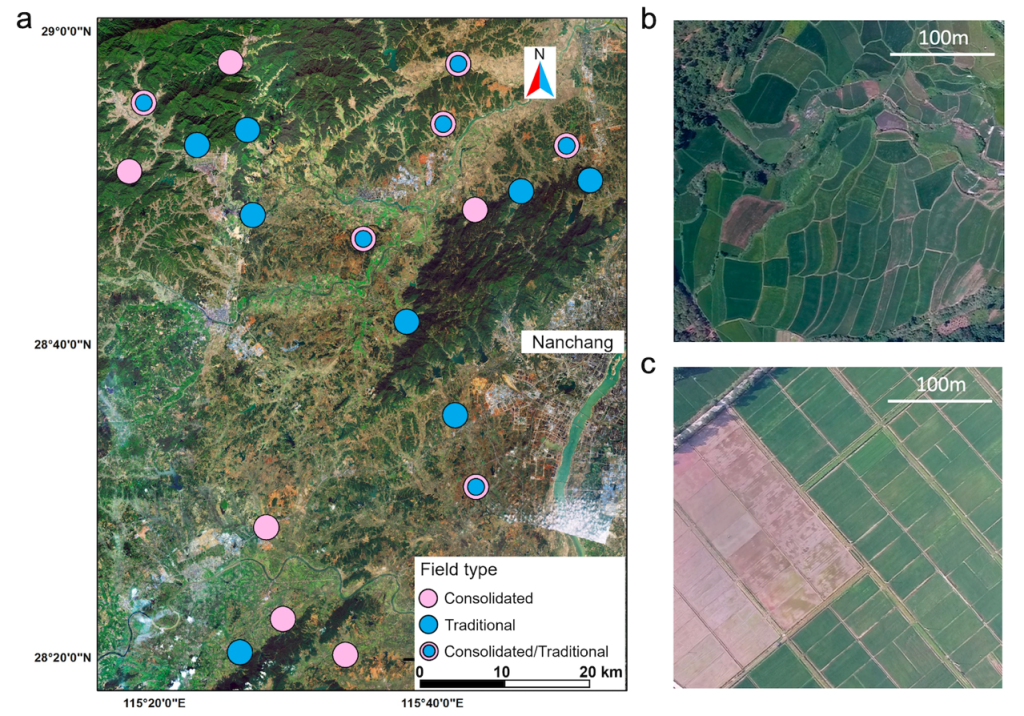
Locations of the 20 study sites with focal rice fields (a) and examples of landscapes dominated by traditional (b) and consolidated fields (c). Consolidated / traditional sites refer to the consolidation status of the experimental rice field changed during the six experimental years. Credit: Yi Zou
Enemies in abundance
The team collected 141,587 individual arthropods made up of 80 taxonomic families. They found that traditional farmland supported a significantly higher abundance and diversity of rice pests’ natural enemies than consolidated land, but there were no significant differences in the number of rice pests or rice yield.
Dr Zou says: “Land consolidation removes the natural vegetation of traditional farmlands that can provide nesting habitats and food sources for the natural enemies of rice pests.
“But there is a lot we still don’t know, such as how land consolidation affects different groups of rice arthropods. Long-term monitoring and detailed assessment of land consolidation is still needed.”
The research group also sprayed half of each field with insecticide. They found that its application decreased the diversity and abundance of pests and natural enemies in both consolidated and traditional fields. However, where crops were not sprayed with insecticide, there was a 10.8% decrease in rice yield.
The study provides support for agri-environmental measures (AEM) – environmentally friendly agricultural practices such as using flowering plants in field margins. AEM can be an effective way to increase farmland biodiversity and mitigate the negative impact of land consolidation. They have been widely implemented in Europe but are hardly used in China.
Dr Zou says: “Our agricultural biodiversity monitoring in this study serves as a critical tool for assessing the impacts of land consolidation and the effectiveness of AEM on biodiversity. These measurements are needed before proposing land management recommendations for an appropriate AEM.
“As a result of our findings, we recommend the implementation of AEM or re-establishing field margin vegetation during the consolidation process to mitigate the potential negative effects on rice arthropod biodiversity.”
Dr Jenny Hodgson, a co-author from the University of Liverpool, says: “This study is noteworthy because of the quality of its data and the breadth of influential factors we were able to investigate. It has been really interesting to disentangle the effects of farmland consolidation, of pesticide application and of seminatural habitat beyond the farm.”
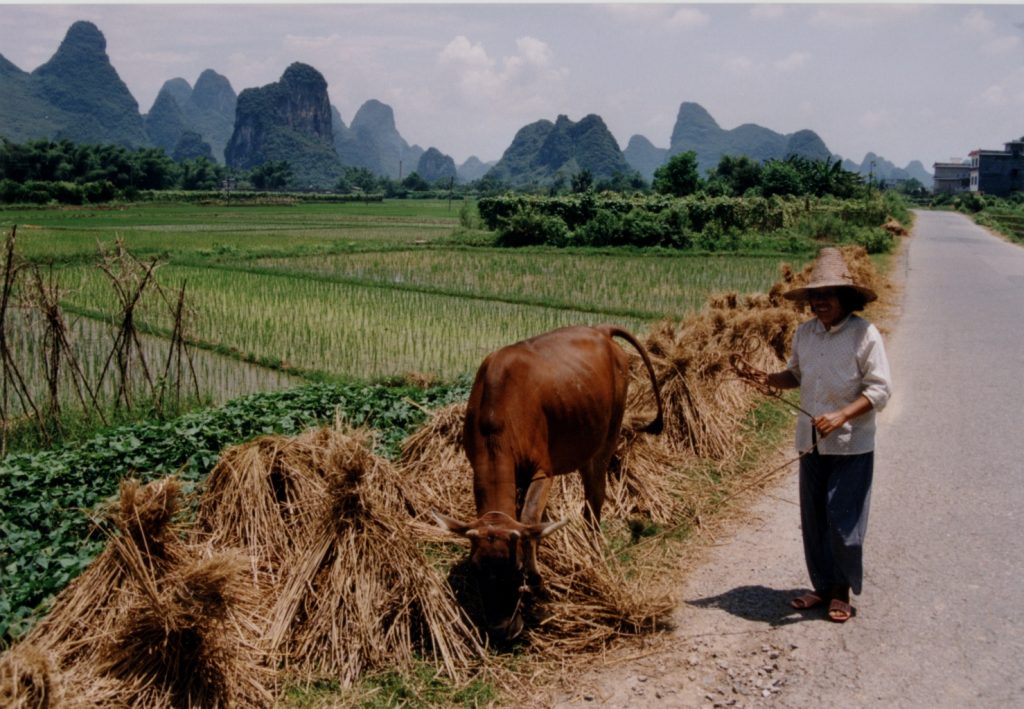
A rice field and farmer in China. Credit: Markus Raab
Profit margins
The team also acknowledges that biodiversity is not a farmer’s only concern.
Dr Shanxing Gong, who recently completed his PhD at XJTLU and is now a postdoctoral researcher at Peking University, is lead author of the study. He says: “The trade-off between biodiversity improvements with labour efficiency, yield and pest control is a balance that has to be finely tuned to ensure maximum profitability, and these factors will always need to be considered.
“While we did not observe a direct correlation between the increase in the number of rice pests and the reduction of their natural enemies due to land consolidation, further investigation into the effectiveness of natural enemies in biological pest control is necessary before implementing AEM strategies.”
The researchers also found no decrease in rice yield in traditional fields compared to consolidated farmland.
Dr Gong says: “The impact of AEMs on yield depends on many factors, including agricultural management intensity, soil fertility and pesticide application, that all need to be taken into account when assessing their suitability for land management.”
The team includes researchers from XJTLU, Jiangxi Academy of Sciences, Jiangxi Agricultural University, China Agricultural University, and Beijing Forestry University, China; Wageningen University & Research, the Netherlands; and the University of Liverpool, UK.
The study “Land consolidation impacts the abundance and richness of natural enemies but not pests in small-holder rice systems” can be read here.
By Catherine Diamond
Edited by Patricia Pieterse
RELATED NEWS
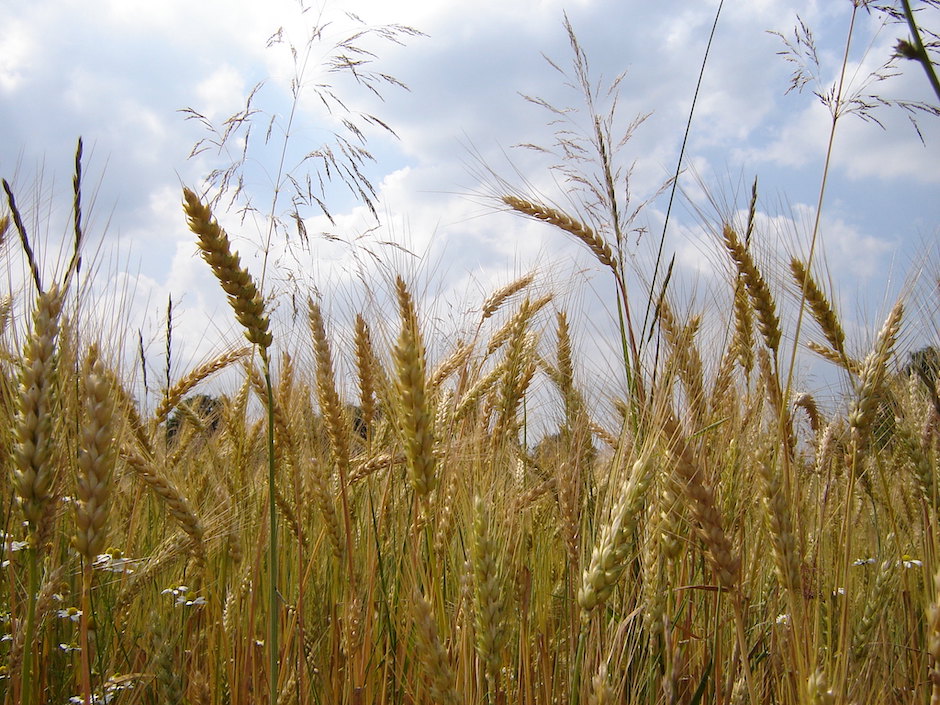
Is organic farming always good for the environment?
Ensuring sufficient global food production and supply using sustainable methods is one of the most significant challenges we face this century. Organi...
Learn more
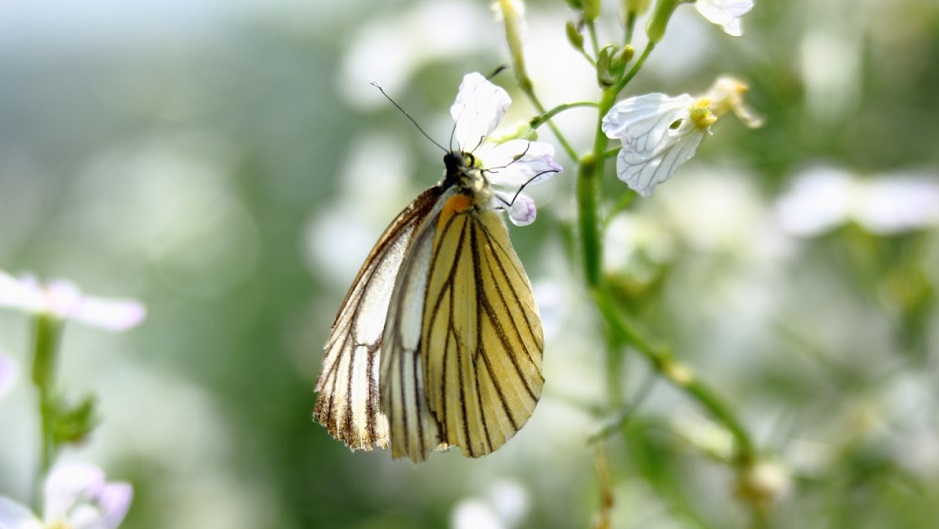
Biodiversity: Insects with Dr Yi Zou
In part four of our biodiversity series, Dr Yi Zou of Xi’an Jiaotong-Liverpool University’s Department of Health and Environmental Sciences talks to us about...
Learn more
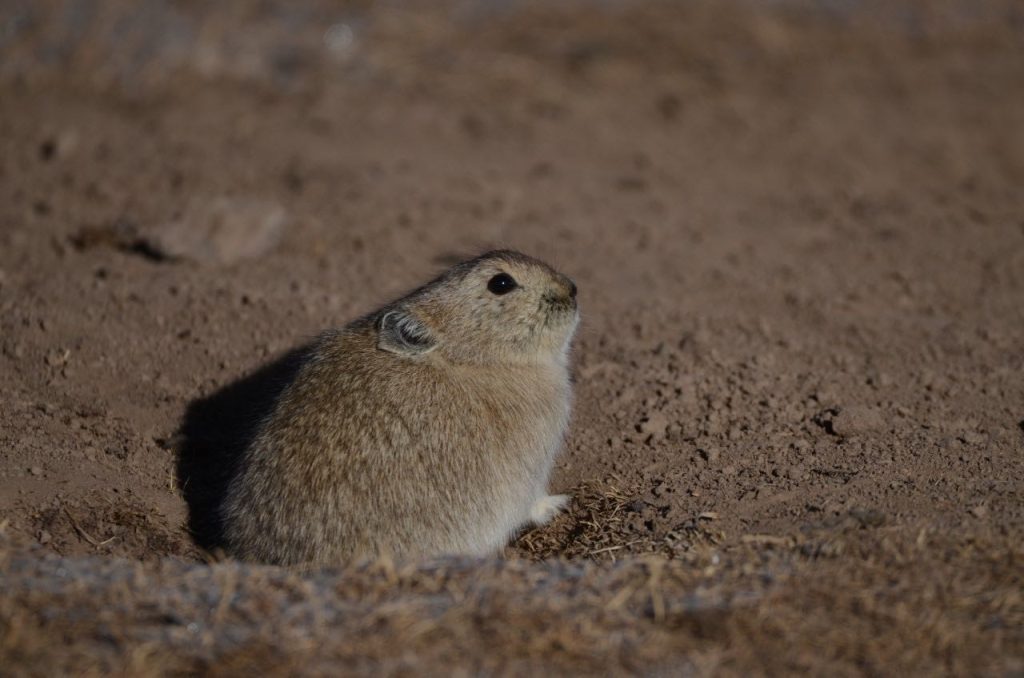
Stop eradication of small mammals to protect vital ecosystems, say scientists
Qinghai-Tibetan Plateau, yak herders summer camp. Yak graze widely during the day and are brought back to the camp in the evening for milking (Credit J. Kn...
Learn more








